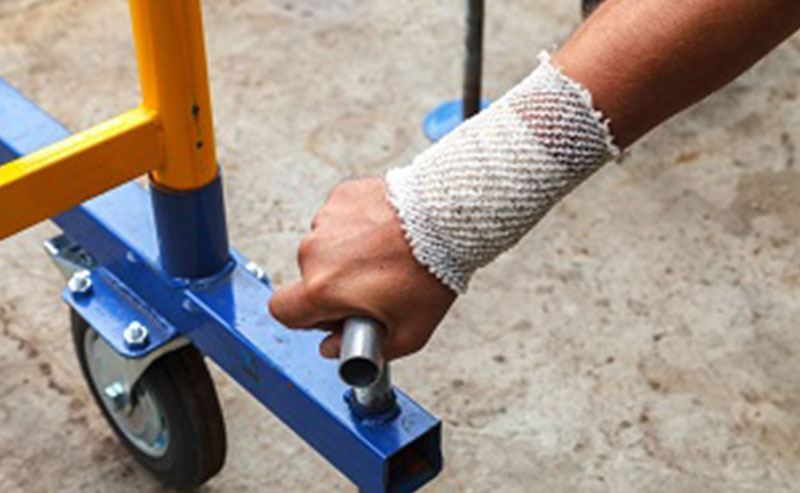Work-related injuries are more common than we think – according to the National Safety Council, a worker is injured on the job, every seven seconds in the United States. While sometimes, these injuries are minor and do not cause any serious problems, they often result in lost workdays and can even lead to permanent disabilities.
Although the country’s law clearly states that employers are responsible for creating a safe working environment, it is practically impossible to eliminate the possibility of accidents, particularly in high-risk industries. However, this doesn’t mean employees cannot do anything than just accepting the consequences. They can make compensation claims for certain types of injuries.
What is a Compensation Claim?
A compensation claim is simply a demand for payment of medical bills and lost wages made by an employee suffering from an injury, illness, or disability due to an accident while on the job.
What Work Accidents Can You Make a Claim for?
If you have got an injury, illness, or disability due to any of the following accidents, you are eligible to make a claim for worker’s compensation and have fair chances of being successful:
Slips, Trips, and Falls
It may seem unlikely that you can make a compensation claim for tripping over uneven flooring or falling on a slippery surface. However, the employer can be made liable for such incidents if you can prove that the accident took place because of the employer’s negligence, such as a lack of safety measures.
Injuries Due to Falling Objects
While you cannot make a claim for being hit by a file that fell from a higher shelf, the employer can be held liable if the accident occurred due to poor structures, lack of training, or the unavailability of proper PPEs.
Such incidents are more common in the construction industry and warehouses and can sometimes lead to serious injuries.
Machinery Accidents
Industries or positions that involve the use of heavy and dangerous machines are considered high-risk and require employers to provide proper training to their workers before putting them to work. Also, they are responsible for providing protective gear (wherever applicable).
It is also the employers’ responsibility to schedule regular professional inspections for equipment to ensure it is well-maintained; these incidents often happen due to faulty machines.
Machinery accidents are often serious and are one of the leading causes of disabilities.
Fires and Explosions
According to an estimate, unexpected fires and explosions cause 3% of all work-related injuries in the United States. These incidents also have a significantly higher casualty rate than most other workplace accidents.
Employees can make compensation claims for incidents that occur due to poor or faulty structures, such as poor pipe fittings or leaky gas lines, improper storage, and non-availability of fire extinguishers.
Vehicle Accidents
If you get into an accident while driving for work purposes, you can make a compensation claim.
Industry Deafness
Occupational Safety and Health Administration, US Department of Labor, holds employers operating in high-noise industries responsible for implementing hearing conservation programs. These include taking precautionary measures to prevent hearing loss by providing employers with the right knowledge and protective gear and helping employers preserve remaining hearing if it gets affected.
Any place where the noise levels are higher than 85 decibels is considered a high-risk workspace.
Get In Touch With Us for a Free Legal Consultation for Injury Claims in Alaska!
Has your employer rejected your request for compensation for a workplace injury?
Dial 907-276-5858 to get legal advice from an experienced personal injury lawyer in Alaska. We will help you understand your position according to state law and help secure compensation benefits from your employer. It’s your right, and you shouldn’t give up just because your employer isn’t willing to pay.

Can you be more specific about the content of your article? After reading it, I still have some doubts. Hope you can help me.